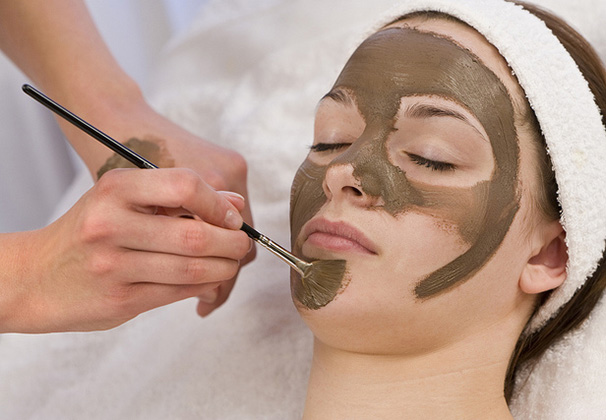
Yet another new fad in skincare is hitting the market in a big way. Sleep masks, also known as skin packs, are an overnight treatment intended to retain moisture and reduce the appearance of wrinkles on the skin, taking advantage of skin cell turnover, which can be up to eight times faster at night.
Originating in Asian markets, sleep masks are still relatively new to U.S. consumers and have yet to be sold in drugstores. Currently, only higher-end brands are offering the trendy cosmetic product, pricing most of them around $50.
One popular brand, Dr. Jart+, offers its own Water Fuse Water-Max Sleeping Mask, which sells for $48 at Sephora. This mask contains hydrating hyaluronic acid, also claimed to prevent signs of aging, as well as olive leaf and cranberry extracts to help boost skin elasticity. Another option is the Korres Wild Rose + Vitamin C Advanced Brightening Sleeping Facial ($48). This contains the Korres Phos Compound, which claims to lighten dark spots over time and even out the overall skin tone.
Those looking to try out a sleeping mask but are not able or willing to drop $50 on luxury skincare may consider Laneige, a cosmetic brand from South Korea, which offers its own Water Sleeping Pack. This pack makes the same claims to hydration, brightening and skin renewal as the pricey Western brands, but is frequently available on Amazon for a smaller amount at $20.
Despite their recent popularity, sleep masks are certainly more of a luxury than a necessity, and different, cheaper products can deliver the same effects. The moisturizing benefit, for example, can easily be obtained through night creams — one effective drugstore variety is the CeraVe Facial Moisturizing Lotion PM. For tone-evening effects, applying aloe vera extract or vitamin E oil on dark spots is known to help them fade over time. The anti-aging properties of sleep masks are among their principal claims to effectiveness, but those on college budgets would be advised to postpone spending large sums of money on anti-wrinkle and collagen-boosting products. Instead, focus on aging prevention, which is offered much more cheaply by UV protection.
Still, the adventurous may be curious enough to test out the less expensive varieties, and given the drying nature of winter weather, it likely would not harm them to do so. As temperatures drop, an extra moisturizing treatment may be a well-deserved luxury for the skin.
A version of this article appeared in the Wednesday, Nov. 20 print edition. Brenda Liu is a contributing writer. Email her at [email protected].
























































































































































